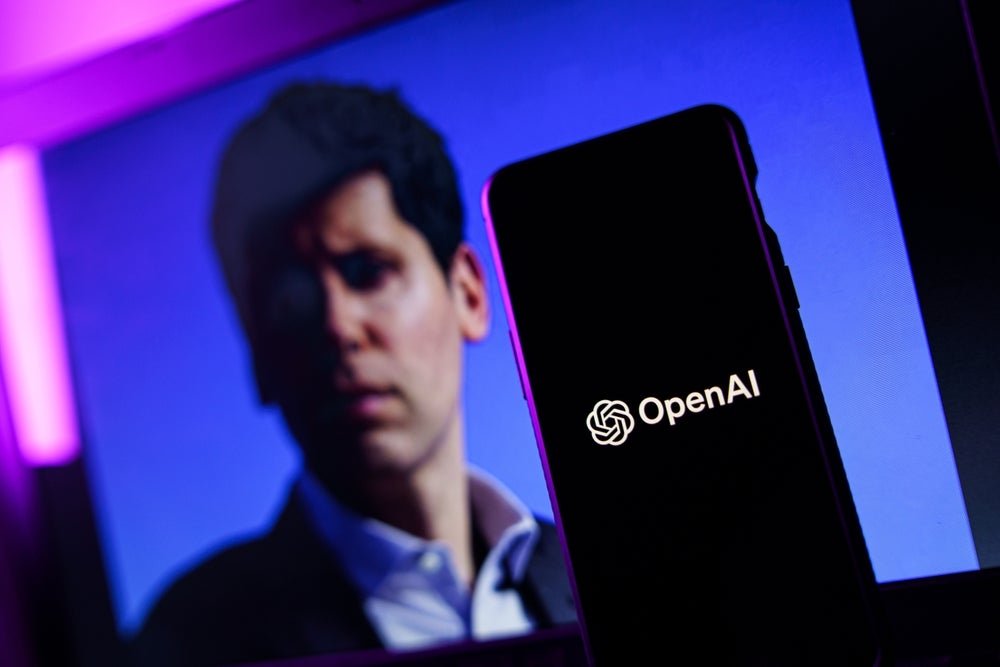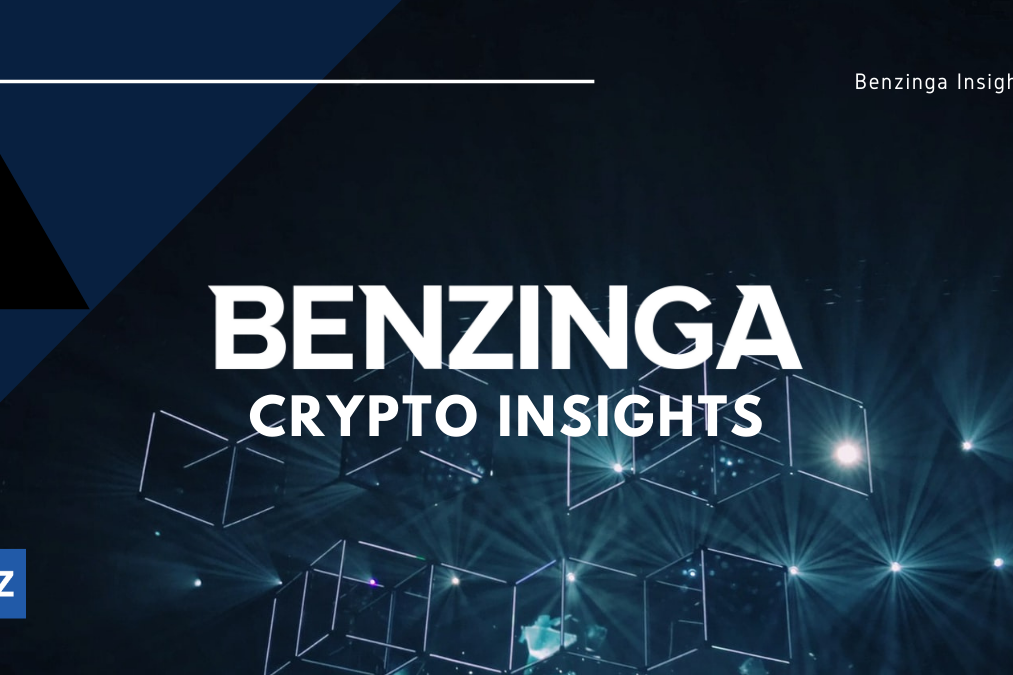OpenAI Refutes Claims Made by Elon Musk Regarding Founding Agreement
OpenAI, the company behind ChatGPT, has recently refuted claims made by tech billionaire Elon Musk regarding the existence of a founding agreement for the company’s non-profit status and the non-disclosure of source code.
What Happened: Musk, who co-founded OpenAI in 2015 and is backed by Microsoft, filed a lawsuit alleging that there was a founding agreement between himself and two other co-founders, Sam Altman and Greg Brockman. The agreement stipulated that the AI lab would operate as a non-profit and not keep information private for commercial gain. Musk claimed that OpenAI breached this agreement by releasing the GPT-4 large language model without providing scientific details for public consumption.
In response, OpenAI has stated that there is no founding agreement with Musk, as the complaint itself makes clear. The company described the founding agreement as a fiction conjured by Musk to lay unearned claim to the success of an enterprise he initially supported, then abandoned, and watched succeed without him.
Why It Matters: Following Musk’s lawsuit, OpenAI investor Vinod Khosla characterized the legal action as a “salve on a bruised ego,” suggesting that Musk’s decision to sue was driven by ego rather than any legitimate grievance. It was also revealed that Musk had once suggested that OpenAI’s only path to compete with Google was through a merger with Tesla, but his proposal was not met with enthusiasm, and he left the company in 2018.
Meanwhile, Musk has announced that his AI venture, xAI, will open-source the code of its AI chatbot Grok this week, while also throwing shade at OpenAI by calling the company itself a “lie.”
In conclusion, the dispute between Musk and OpenAI highlights the complexities and challenges of the AI industry, where competition, intellectual property, and egos can all play a significant role. It remains to be seen how this legal battle will unfold and what implications it may have for the future of AI development.





